The ROI Equation in Psychiatry
AI is no longer a futuristic investment — it’s a practical tool that delivers measurable returns.
For psychiatry practices, ROI comes not just from cutting costs, but from reclaiming time, reducing errors, and improving patient access.
Automation directly impacts three major areas:
- Provider productivity — Less time spent on documentation and admin work.
- Revenue cycle performance — Cleaner claims and faster payments.
- Operational scalability — The ability to grow without hiring more staff.
When applied correctly, AI automation can yield a 5x–10x return on investment in the first year alone.
1. Time Savings: The Most Valuable ROI
Psychiatry is one of the most documentation-heavy medical specialties.
A single provider may spend 10–15 hours per week writing notes, managing refills, and chasing authorizations.
AI transforms that workflow:
- Reduces charting time by up to 80%.
- Automates refill and prior authorization requests.
- Streamlines communication and scheduling.
Result: Providers recover the equivalent of an extra day of clinical time per week, which can be reinvested into patient care or work-life balance.
2. Financial ROI: Cleaner Claims and Faster Payment
Administrative inefficiency directly costs clinics money.
Missed charges, delayed authorizations, and denied claims can quietly drain thousands in revenue each month.
AI eliminates these leaks by:
- Auto-validating documentation for coding accuracy.
- Submitting complete, compliant claims.
- Tracking payer responses automatically.
Honey Health users report:
- 40–60% fewer claim denials.
- 25–35% faster payment cycles.
- Higher revenue capture per visit due to proper coding and complete documentation.
3. Staffing ROI: Scaling Without Expanding Payroll
In behavioral health, scaling often means hiring more administrative staff — unless automation is in place.
AI allows clinics to:
- Handle higher patient volumes with the same team.
- Reduce dependence on manual data entry and phone-based follow-up.
- Reassign staff to patient-facing roles that drive value.
Instead of spending on new FTEs, psychiatry practices can scale their existing team’s capacity through automation.
4. Compliance and Risk Reduction ROI
Errors in documentation or billing don’t just slow operations — they create compliance risk.
AI reduces that exposure by:
- Ensuring every note includes required payer elements.
- Automatically logging audit trails for every workflow.
- Maintaining HIPAA and SOC 2 compliance across the board.
Result: Clinics stay audit-ready, avoid penalties, and preserve payer relationships.
5. Patient Retention and Satisfaction ROI
Patients benefit too — faster communication, quicker refills, and smoother care coordination all lead to higher satisfaction.
AI helps improve retention by:
- Automating patient reminders and follow-ups.
- Reducing scheduling gaps and no-shows.
- Ensuring timely medication access.
That operational reliability directly translates into stronger long-term patient relationships — a form of ROI that multiplies over time.
Honey Health’s Proven ROI for Psychiatry Practices
Honey Health’s AI platform delivers measurable value across clinical, financial, and operational metrics.
Typical first-year results for psychiatry practices include:
- 80% reduction in administrative hours.
- 60% faster prior authorization turnaround.
- 50% fewer billing errors or denials.
- 25–35% improvement in net collections.
- Improved patient satisfaction scores through proactive communication.
By combining automation with behavioral health expertise, Honey Health transforms administrative overhead into predictable, scalable growth.
A Smarter Way to Measure Success
ROI in psychiatry isn’t just about dollars saved — it’s about time restored, burnout reduced, and quality improved.
Every automated workflow creates compounding returns, both financial and human.
With Honey Health, psychiatry practices don’t just operate more efficiently — they thrive.

